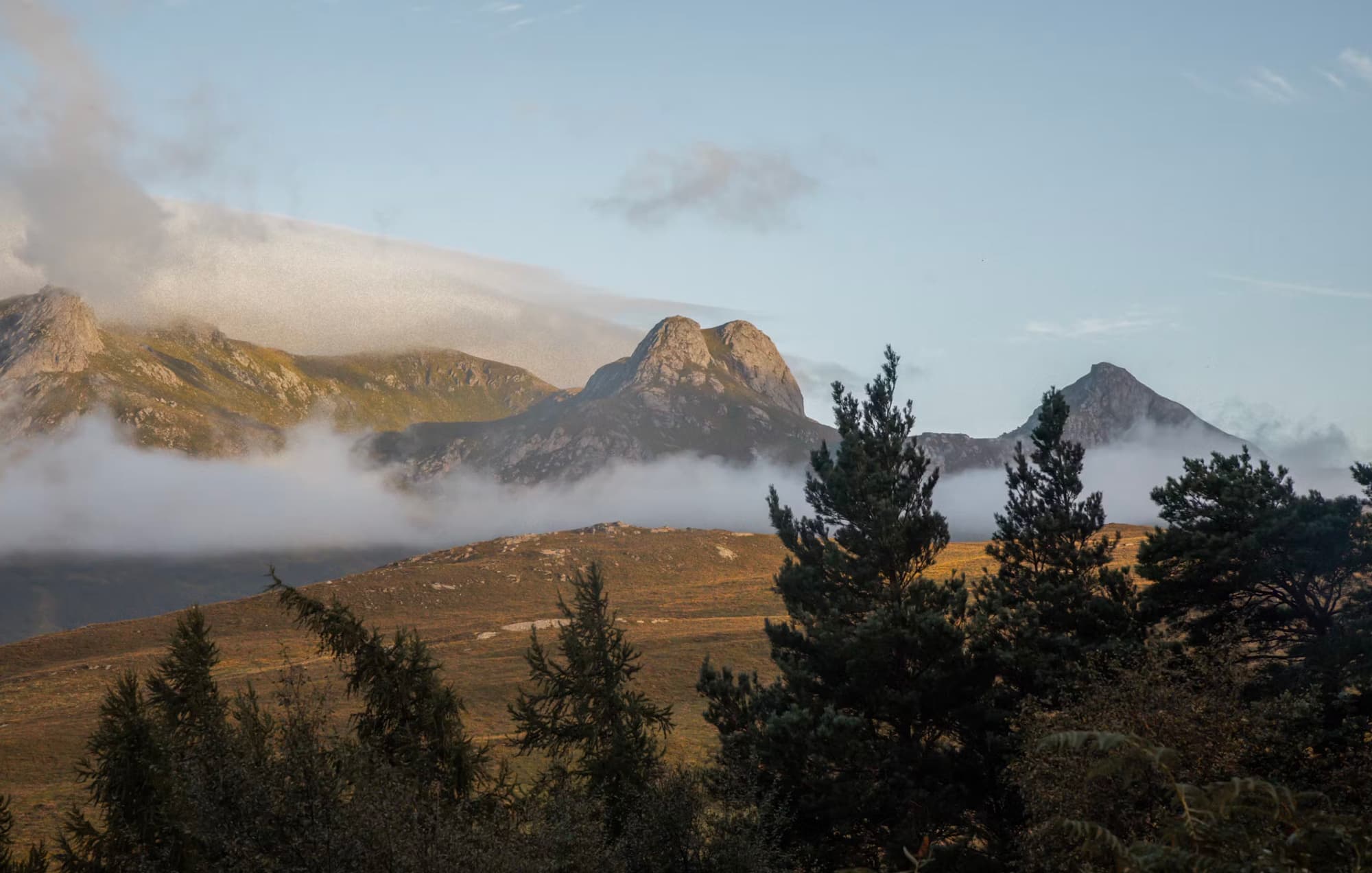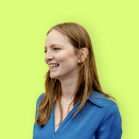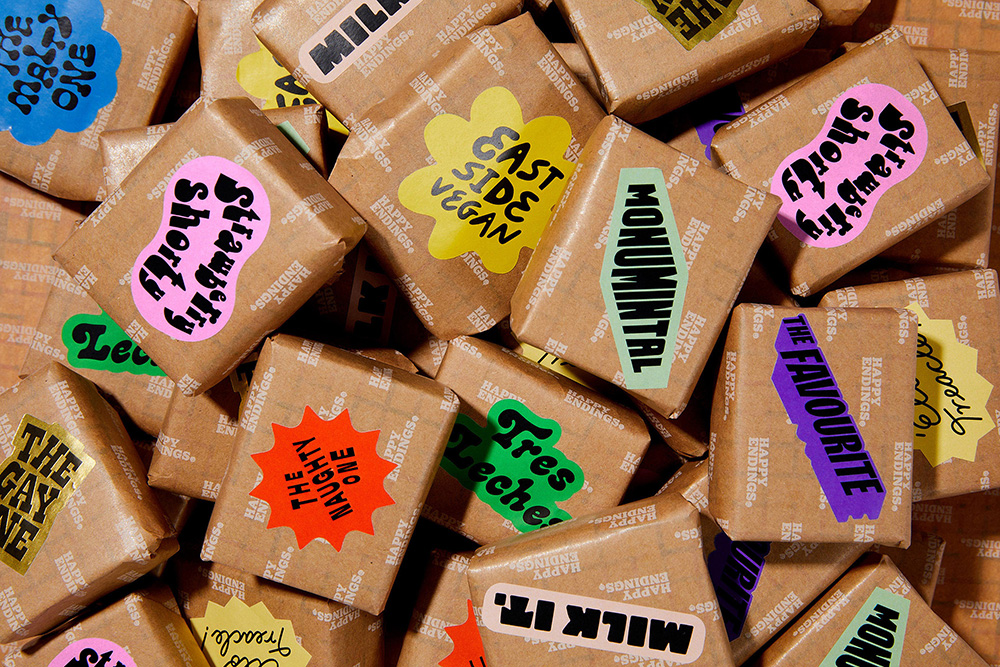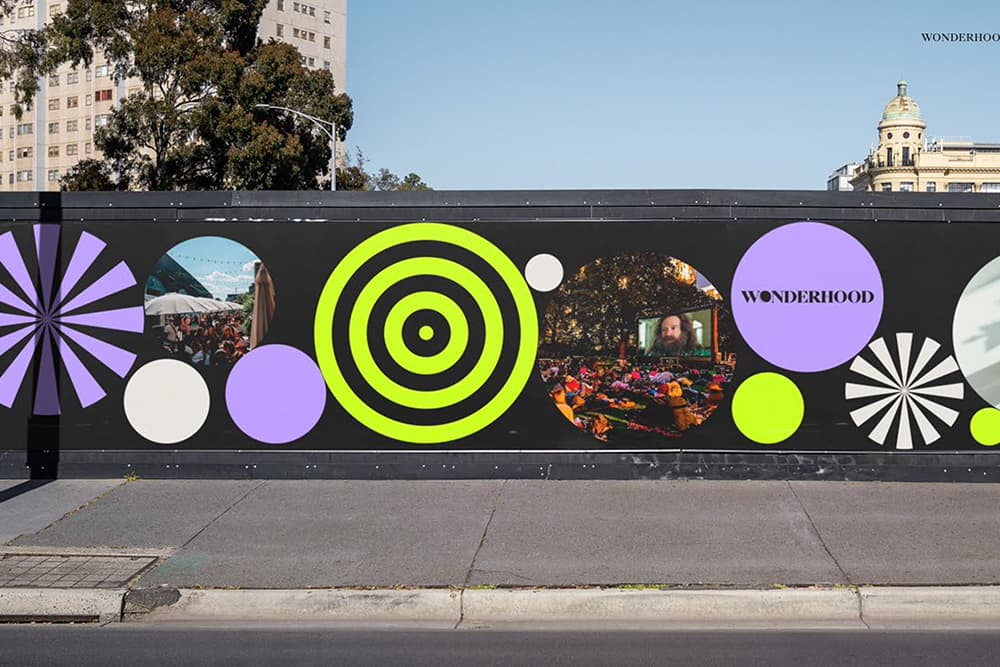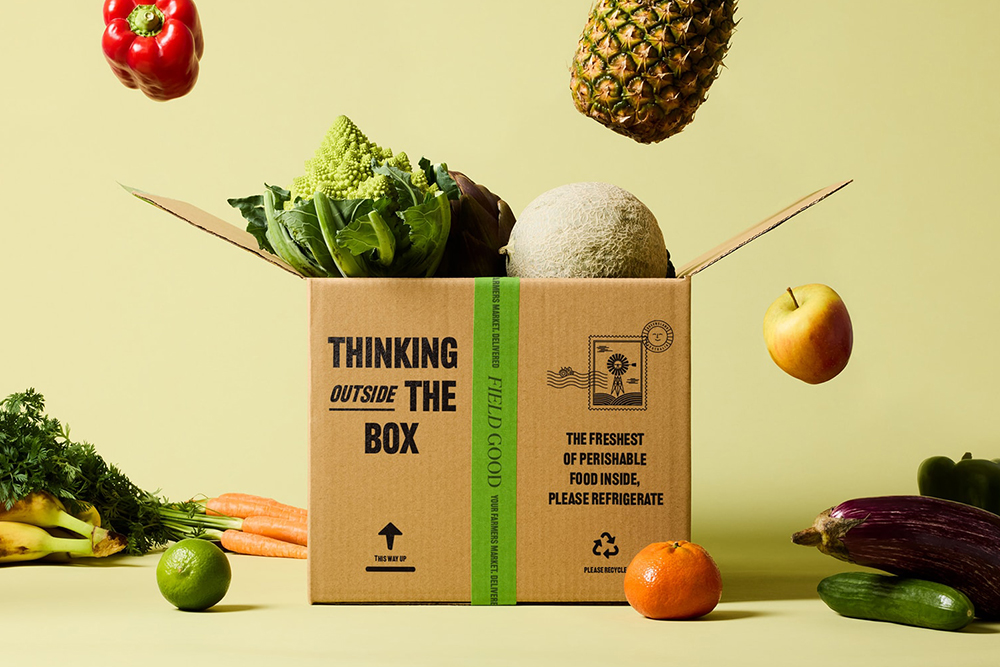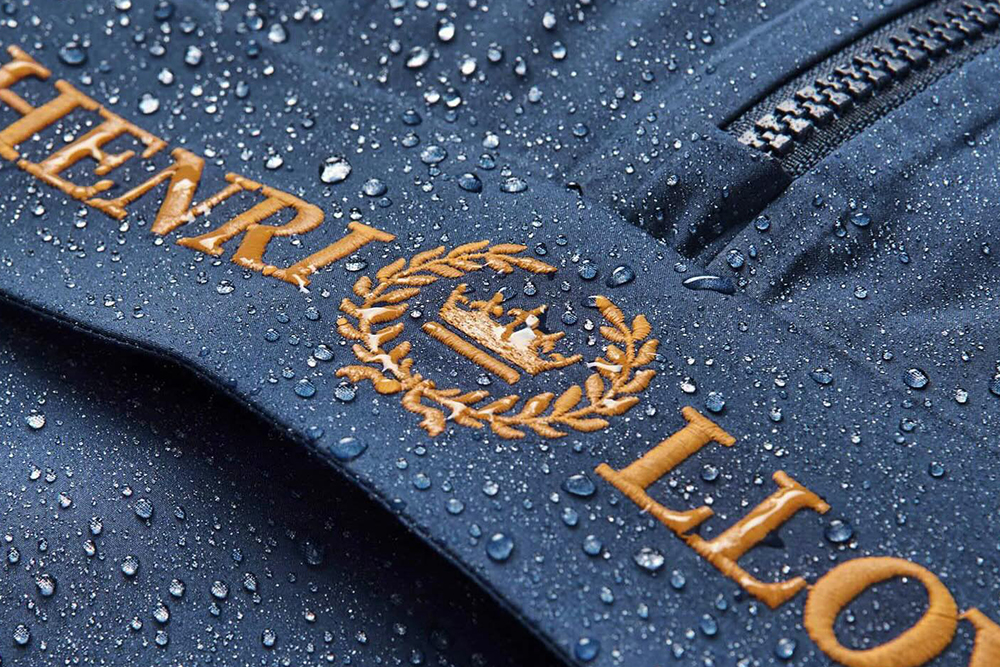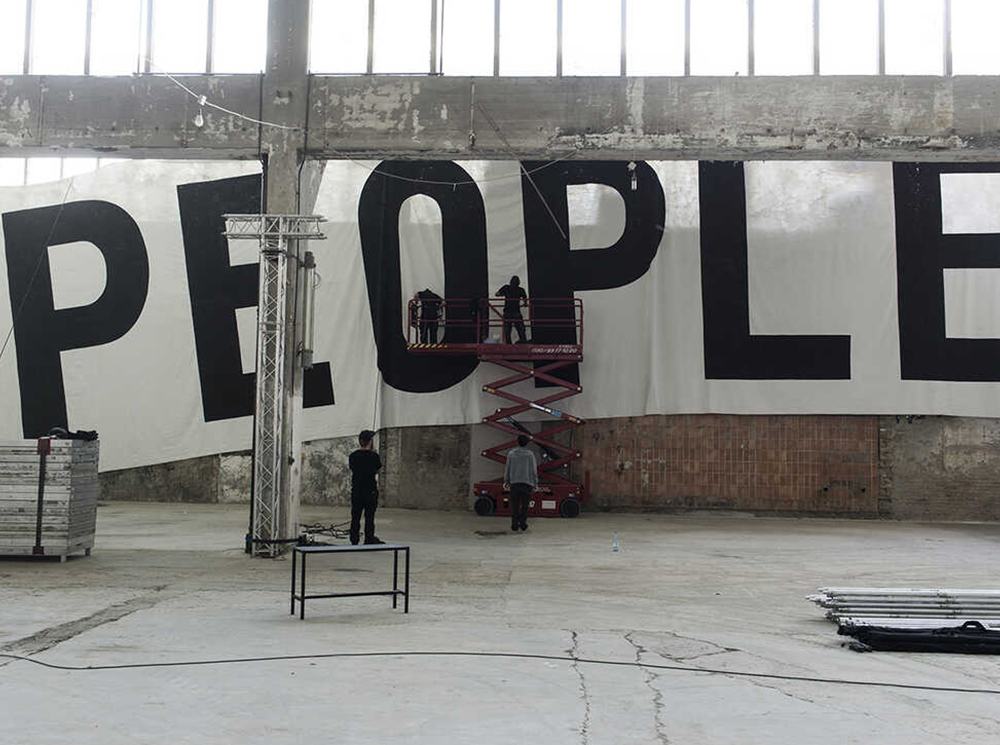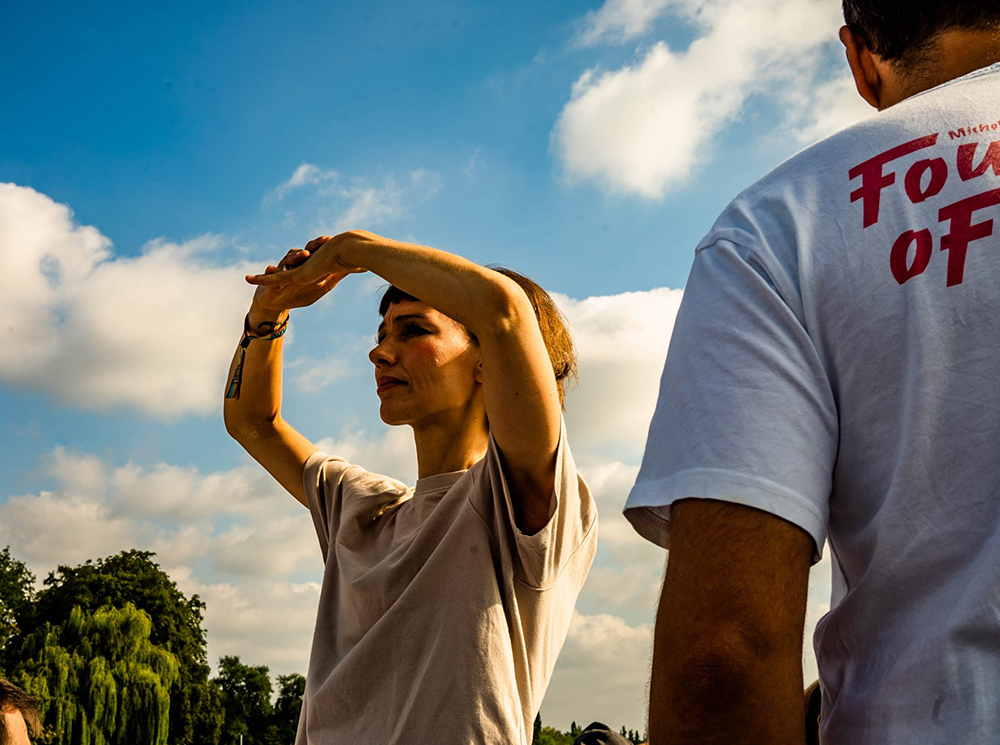The urgency of the climate crisis has redefined the way we think about work at Land of Plenty. We’re not just aiming to improve our sustainability; we’re making it a core value of our brand. Our commitment to responsible practices extends beyond our studio—it’s a call to action for our clients as well.
We know that against a backdrop of economic and political crisis, climate focus can go out of the window. But we’re playing a long game, and trying to seed practices that can feel integral to the way we, and the people we work with ‘do’. We’re chipping away, but we’re committed.
In our Shift: Hospitality Edit report, we wondered what it would look like for brand builders to ‘give nature a voice’ in hospitality practice. Since then we’ve been reflecting on what this means, and are continually looking outwards to see where else this ethos is being embodied.
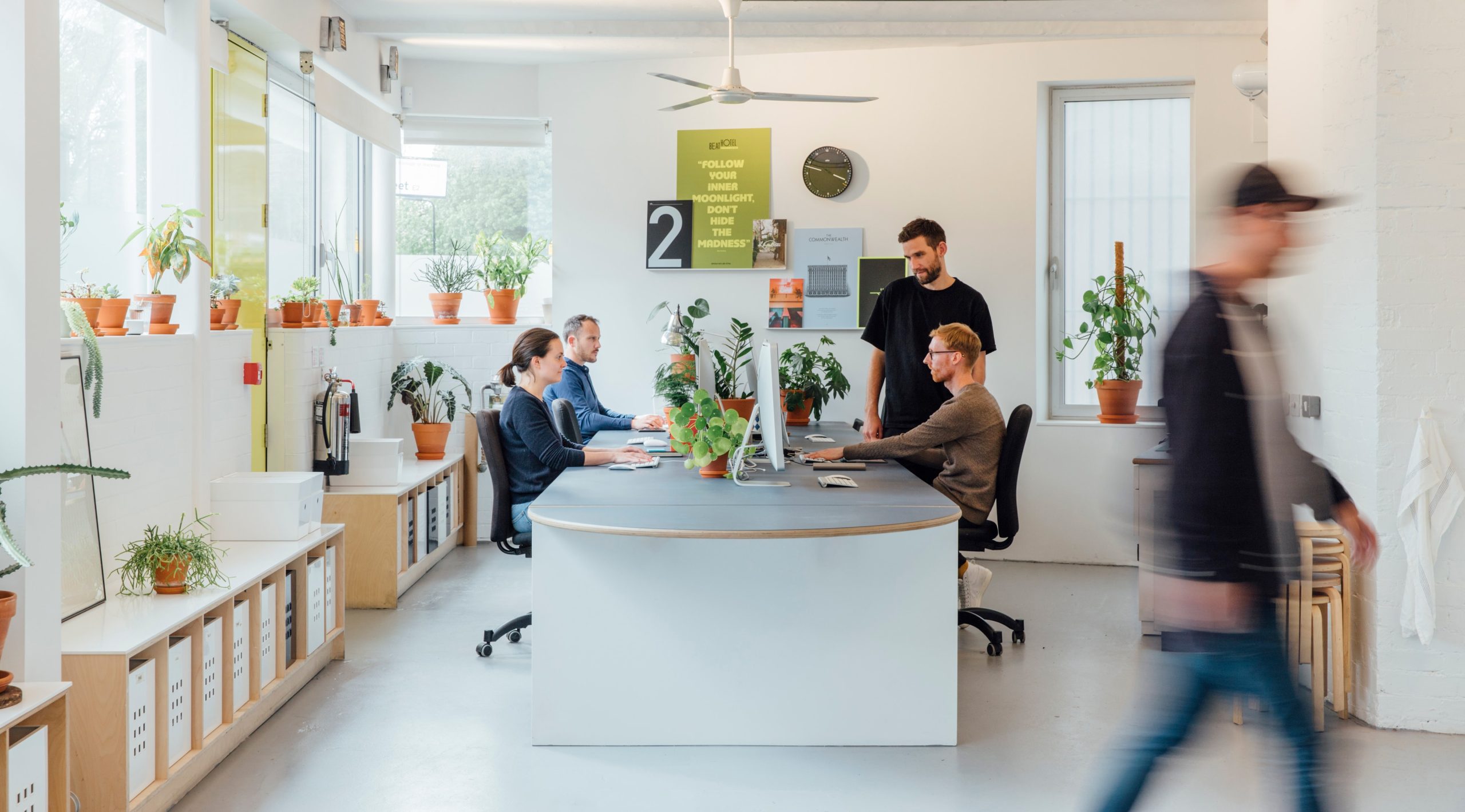
Starting with ourselves
Land of Plenty’s journey toward sustainability was sparked by frustration with projects that promised greener practices but ultimately reverted to traditional approaches. This disillusionment prompted the team to rethink our commitment, leading us to become a studio that aims to make a positive change through how we make marginal gains with our clients, and in our everyday.
Within our team, we’ve been focusing on how we shape the space we all work into together – what we buy, the suppliers we use – or simply sharing the best initiatives and inspiration to make sure we’re all fuelled with the same intel to make better decisions in our work, or when we head home. We’ve begun to dig deeper into how wellbeing, finance and HR practices are pieces of the puzzle too.
Collaborating for a Greener Future
With our clients, we are proud of our partnerships where sustainability has been front and centre. With Henri Lloyd, we encouraged the use of recycled ocean waste yarn for their woven garment labels and advised them to make their hang-tags fully biodegradable, acknowledging that this is the one throwaway piece of garment branding. For Australian brand Field Good, we designed an identity that championed farm-to-table produce, challenging the conventional supermarket model.
In Brisbane, Queensland, we’re working with Wonderhood, a hospitality precinct in development. Through deep ideation workshops, we’ve created a system that connects various vendors to minimise waste and repurpose excess produce – it’s behind the scenes, but it’s fundamental to the brand.
And for Happy Endings, we helped solidify their planet-positive ethos by designing fully biodegradable ice cream sandwich wrappers for them from scratch – as they didn’t already exist – aligning with their sustainable mission.
Thinking bigger
What we’ve been implementing so far is all about those 1%er ideas; small shifts that add up to create marginal gains. This idea though, of giving nature a voice, requires a mindset shift a step further – that makes the leap that can really evolve our ways of doing and being.
Founders Jonny and Joe have been tuning into the thinking that helps to contextualise the ways in which brands and businesses can make these bigger leaps. The Makers + Mavericks events in Wales were instrumental in shaping their vision. Hosted by the ‘Do Lectures’ team, these weekend-long gatherings were filled with inspiring talks and workshops focused on sustainable business. The 2021 event highlighted the topsoil crisis, emphasising the need for change, while the 2022 event encouraged “making good trouble” through innovation and storytelling.
Convening, sharing, and connecting – we think – is at the core of ways in which our industry, and those that we service, will change – moving away from pure competition, to collaboration and connection with an ecosystem’s mindset; nature again, leading our way.
Aspiring to learn and unlearn
It’s a tension, we know, to invite business to centre nature – in our capitalist, consumerist society, brand builders have often shifted guiltily in their seats as they invite more people to buy, revel, and escape.
But there are so many ways to tune in to the planet that don’t compromise the reality of a bottom line – they just require a little imagination. We could ask: What if other species were your customer too? What if the end of the engagement with your product or experience was as important and considered as the beginning for your customer?
We’ve been rooting down into how we can keep the idea of nature and the planet more present in our creative and strategic thinking.
In our Shift Hospitality report, we shared Wildland Scotland’s 200-year philosophy – perhaps thinking like a tree rather than a start-up and, in doing so, designing for something that nurtures their locality long term.
We also loved Michelburger’s PEOPLE festival, which dared to challenge the model of the capitalist systems that have led to climate breakdown, by creating something that is artist-driven, non-hierarchical without sponsors and fees; perhaps choosing to de-prioritise profit for the payoff of deeper connection.
There’s loads of great examples out there when you dig deeper – like Benim Denim, the RTW brand designed to shut down when its 170m roll of deadstock had been used up, or Sebastian Cox’s furniture whose nature-first furniture company aims to store 100 tonnes of carbon per year and double the UK’s woodland by 2040.
But we know it’s not just about looking at what’s out there – as a studio we need to challenge our own assumptions, and to really get to grips with those models and solutions that will create lasting change where we are. We acknowledge too, that non-Western and Indigenous communities and designers have been collaborating and advocating for nature for centuries, and we’re trying our best to be mindful not to co-opt their work and ideas. For us it’s about trying to learn what’s better, but also unlearn our default ways of doing that don’t serve the bigger picture.
Nature in our process
As a brand design agency, we’re trying to embody our biggest aspirations in the way we work with clients, recognising the role and impact they have on customers and consumers and the choices they make.
Fundamental to this is the groundwork before we do any design – deep thinking and strategic workshops in the Discovery phase of our projects that aim to challenge our clients and bring in inspiration from the outside that is helping us to reframe best practice – we hope to kick start ideas that are better for people and planet.
If nature had a voice in our studios at our board meetings, it would ask us to start by first thinking about the impact and the legacy our work has as businesses and for our customers. It would ask us to be brave and challenge our ‘growth mindsets’ to also prioritise experimentation, reflection and acceptance of different types of shifts and outcomes.
At Land of Plenty, we’re hoping to do less talking and more doing, less waiting til we have the perfect solution, and more time putting into practice some of the ideas that we think could make the difference: focusing on the mundane and the marginal things that will tip the balance in the long term. This might be doing an audit of energy in our studio or imploring a fashion client to cut plastic from their labelling. We’ll also keep space in our workflow to take ourselves and our clients into more radical ways of thinking that might transform how we build brands in the future. We’ll be sure to keep you updated.
To learn more about the range of businesses that are leading the charge in ways that can build brands the planet loves, check out our Shift Reports – Hospitality and Fashion.
